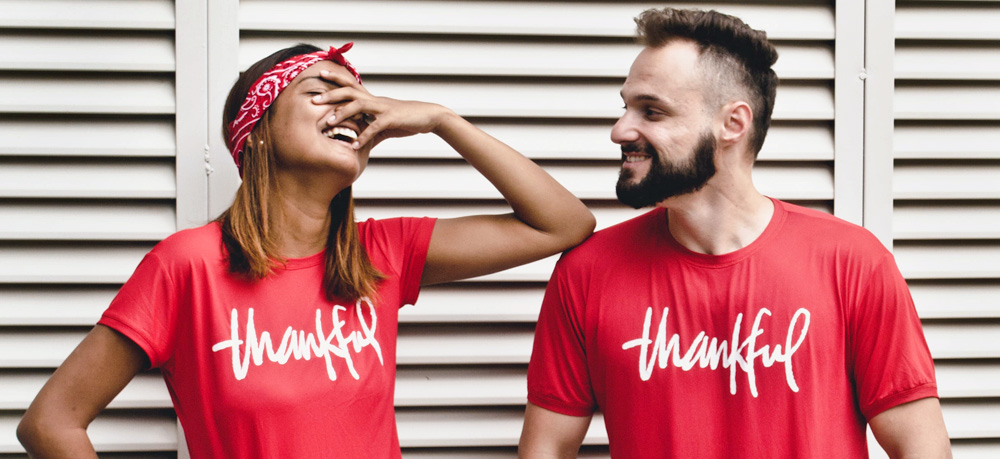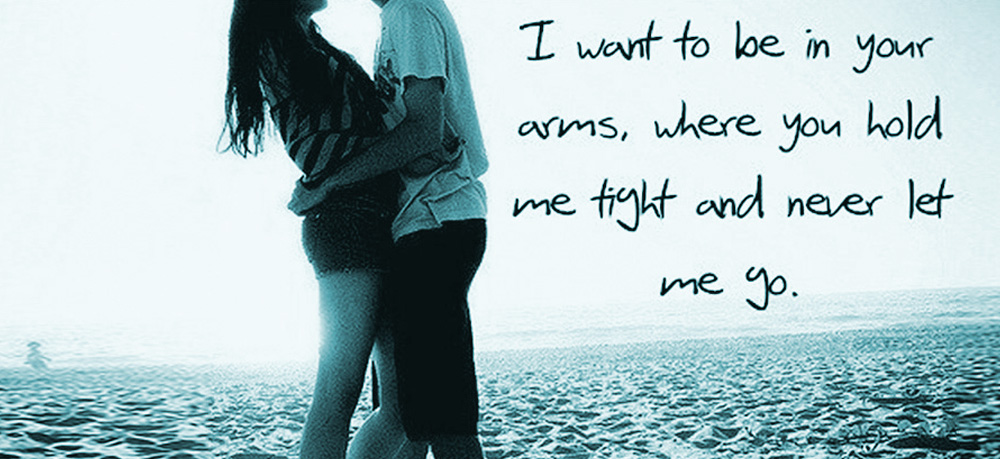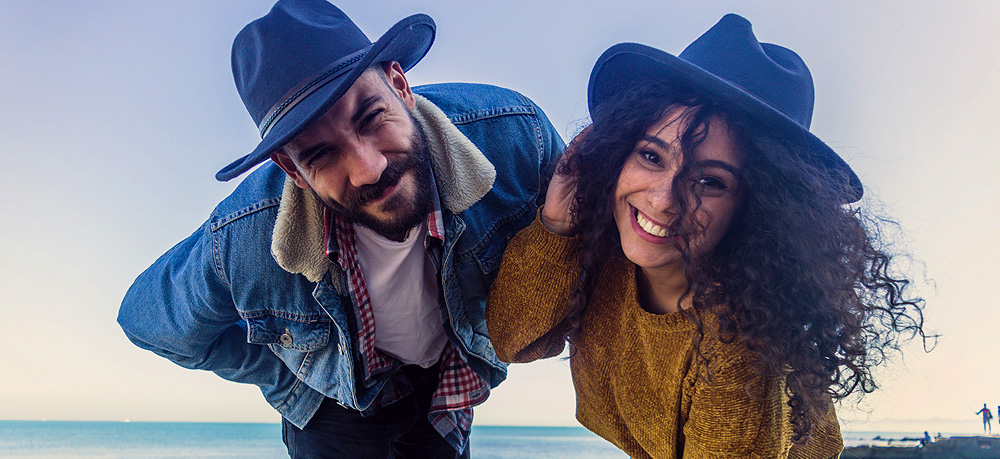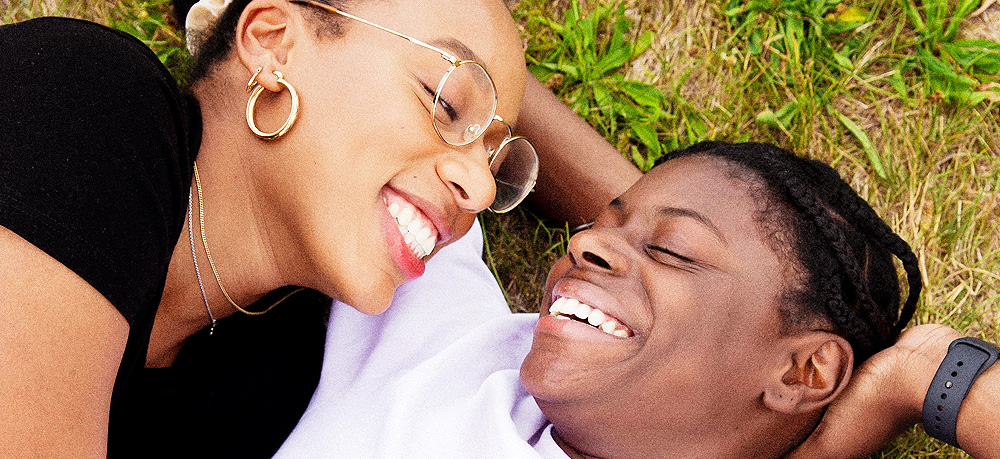How Do You Love Someone? Couples Counsellor & Psychotherapist Candy Newman Asks The Big Question
So how do you love someone? It seems like a very simple question, but when someone asks ‘how do you know you love someone?’, it evokes an answer that will be totally unique to your own self and the answer can be very complex.
Everyone is different when it comes to addressing their role in a close relationship, and therein lies a potential issue that could possibly cause problems for you and your partner if you both have different needs in a relationship.
Counsellor, psychotherapist, and parent coach Candy Newman working in North London looks at some of the factors behind the question ‘How do you love someone?’ and offers insights into how our own personal needs affect the way we behave in our close relationships with other people.
Candy also offers couples counselling as part of her practice.
Candy tells us about the causes and benefits for people seeking couples counselling which addresses the question ‘How do you know if you really love someone?’.
She says, “All individuals have different family histories, different personal characteristics and different assumptions about how to love someone and what a loving relationship should be like.”
Candy goes on to say, “These differences impact relationships. You may find yourself reacting to your partner in ways that surprise you. You may begin to feel differently towards your partner than you did at the start of your relationship. Couples counselling is an opportunity to make sense of the complexities of being with another individual. It allows you and your partner to build trust and honest communication with another.”
How do you love? And how that feeling affects close relationships

One of the most painful problems that people come up against is feeling unloved in their closest and intimate relationships. Many things may contribute to this: difficulties in communication, misunderstandings and unchecked assumptions, lack of quality time for sharing, or inability to prioritise the relationship over other life demands.
It has also been proposed that people express their love in different ways depending on who they are constitutionally.
The founder of formative psychology, Stanley Keleman, argues that we each experience and interact with the world differently and hence we give and receive love in different ways. Keleman describes three constitutional types:
-
- mesomorphs express love through action and movement, are loyal and energetic.
-
- endomorphs show love by being receptive and empathic towards loved ones, by being patient and taking care of others.
-
- ectomorphs love others by gathering information about them, by being intuitive and sympathetic, but need more time to be on their own.
Each of us has a mixture of these types but a tendency towards one of them. If we do not take the different ways we love and want to be loved into consideration we will expect our partners to be just like us.
And we have feelings of anger when they are not.
The different ways we love and want to be loved in relationships

For example:
“I want her to do more with me. I do all these things for her but she does not appreciate it!”
“I don’t need him to do all that stuff. I want him to sit with me and talk? ”
Or perhaps…..
“ Why does she want me to be with her so much? I need more time on my own. She doesn’t seem to be interested in anything I want to talk about! ”
According to our constitution, some of us value time alone and independence over community and intimacy, some of us value competition and action over family togetherness or a need for solitude and introspection.
If we have a better understanding of our partner’s ways of loving we become more appreciative of what s/he offers us. Anger and criticism turn to acceptance and appreciation.
“My partner loves me but she needs some time alone.”
Candy Newman describes the benefits of couples counselling

Candy asks couples the question ‘How do you love?’, “Are you and your partner having difficulties? Maybe you’re going round and round in the same argument; maybe you are not feeling heard or understood by your partner.
You might be feeling the challenges of beginning a new relationship, starting a family or wanting to improve or possibly end your long-term relationship.”
In couples therapy and counselling each partner has the opportunity to let the other know how s/he likes to love and wants to receive love in return. With greater self-knowledge and acceptance we are more likely to ask for what we want and negotiate what is possible.
We are also more likely to have realistic expectations of our loved ones and to value them for who they are and what they offer to our relationship.
———————————
For more information on Candy Newman’s counselling work with couples please get in touch via her website or take a look at her profile on our HQ Therapy rooms website.


